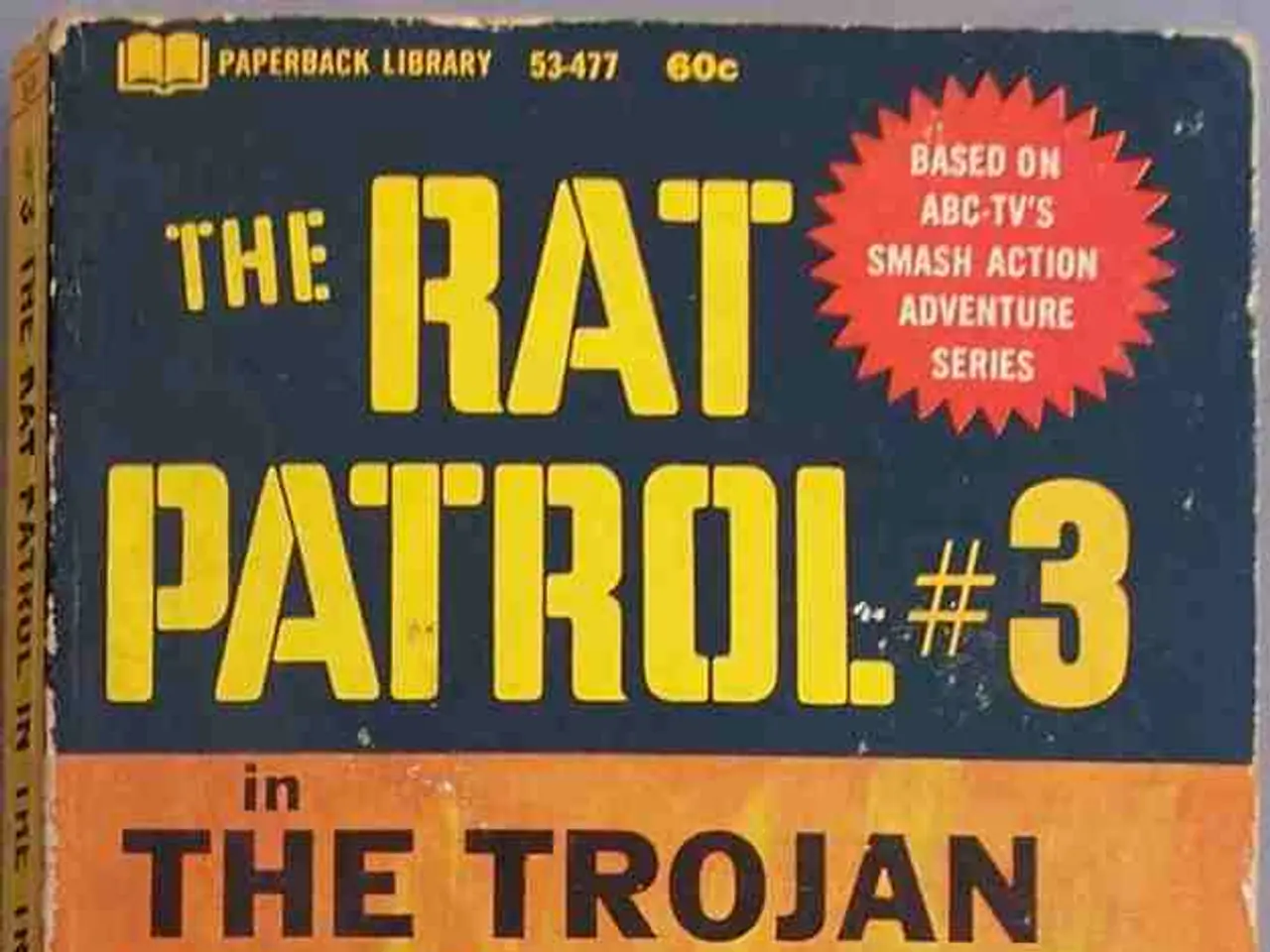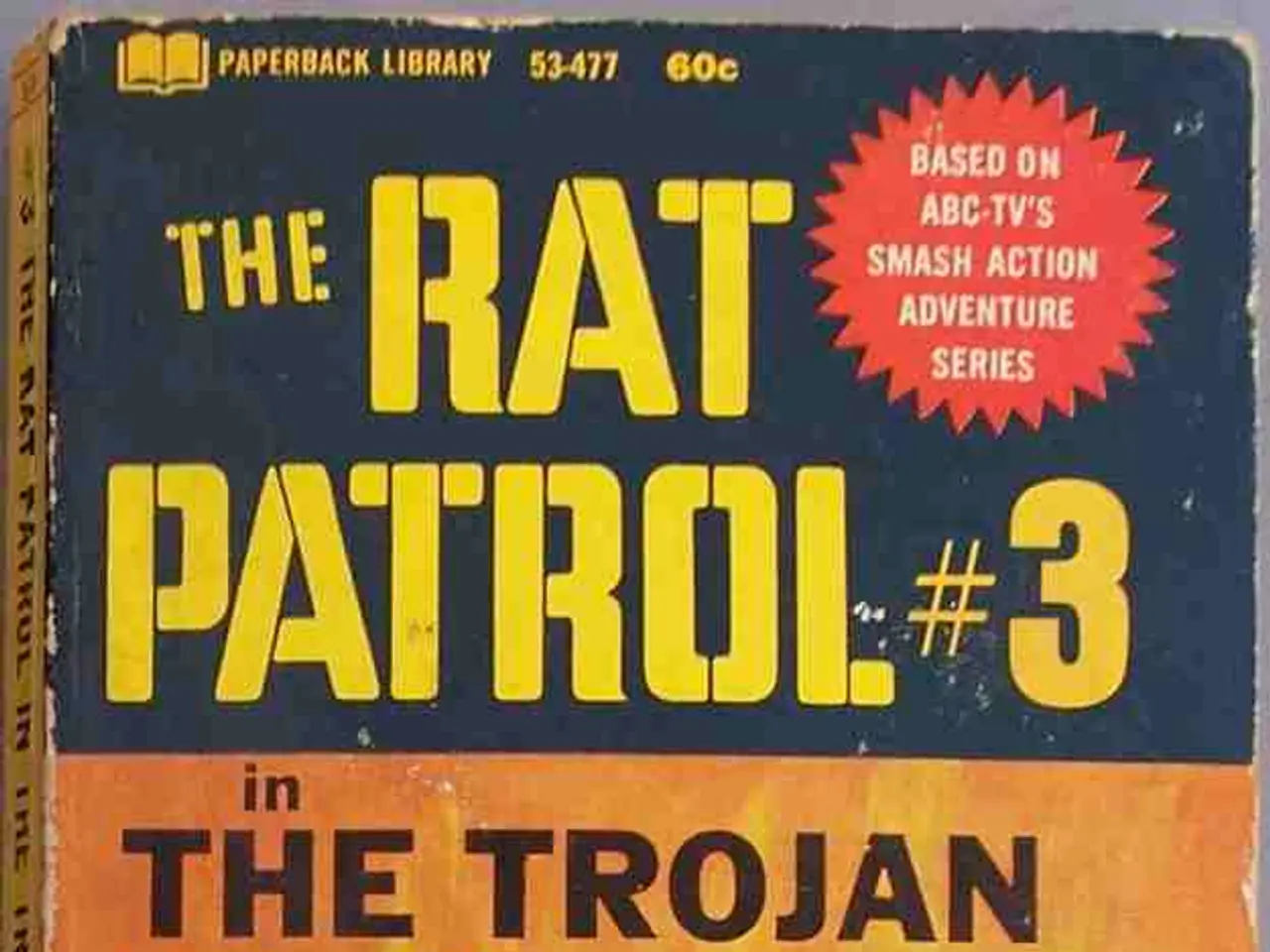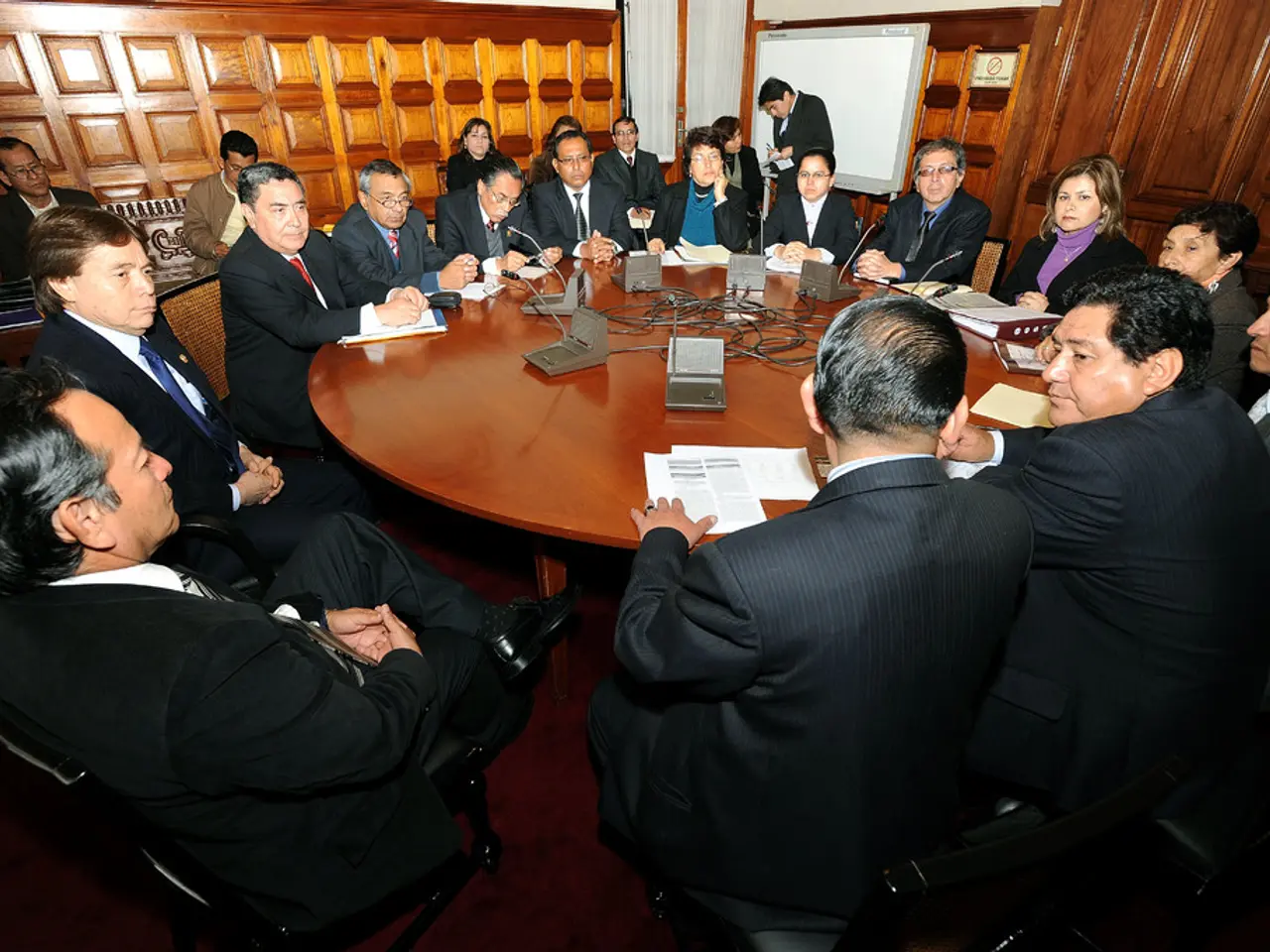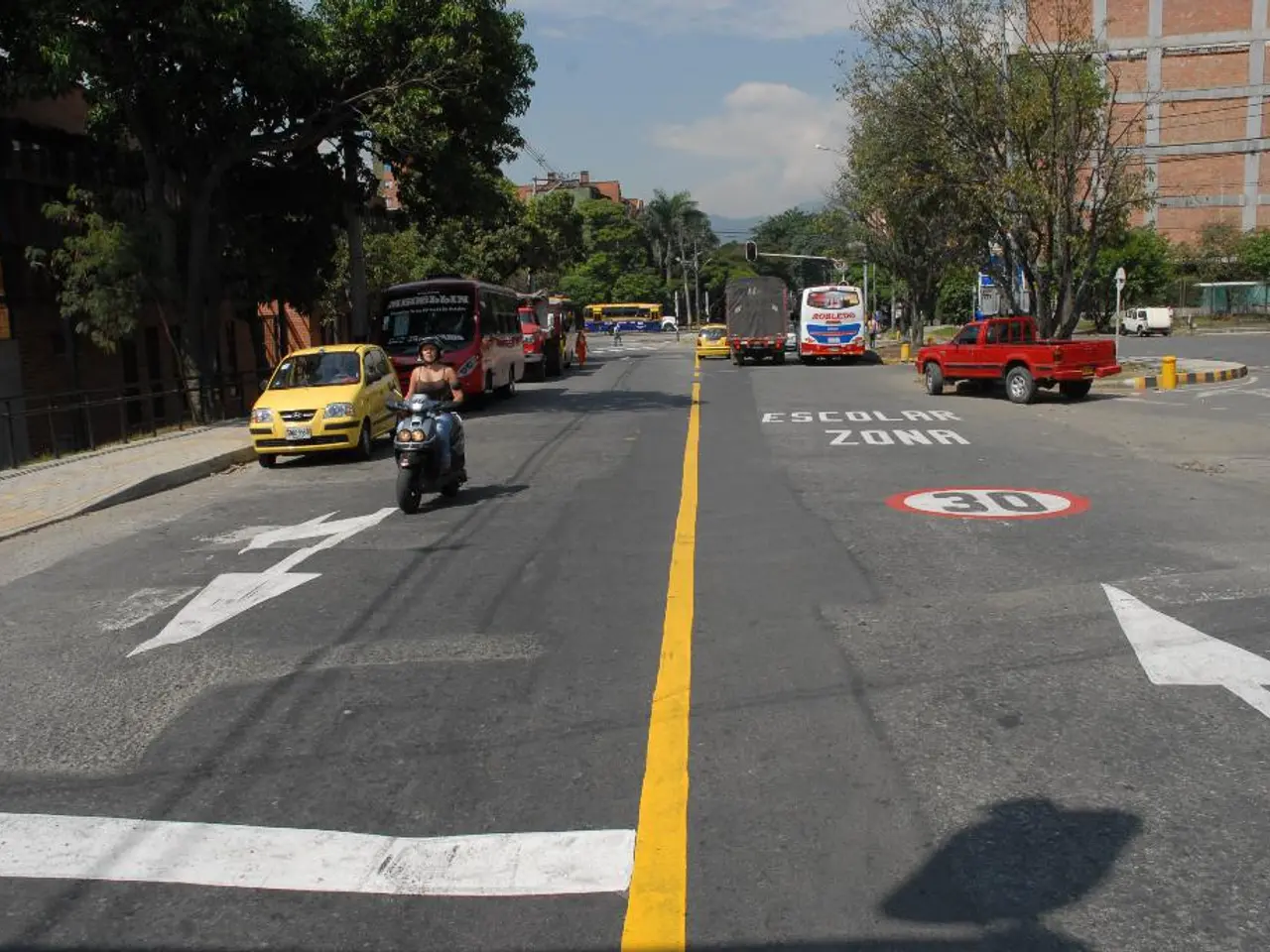"Iran's Uranium Secured claim: Separating Actuality from Speculation"
Iranian military confirms successful protection of enriched uranium reserves
For some time now, Israel has been unleashing air strikes against Iranian targets, including nuclear facilities. However, a retired Iranian general claims that Tehran had expected this attack and had already secured all pertinent materials needed for atomic weapon production prior to the onslaught.
In an interview, former commander and Major General Mohsen Rezai of the Iranian Revolutionary Guards asserted, "We had previously removed all materials." According to Rezai, Iran currently holds the essential uranium needed for nuclear weapons in their possession. Additionally, he revealed, "Secondly: The scientists are in our hands. Thirdly: The factories where we produced nuclear equipment - these factories still exist." Iranian leadership supposedly had foreseen imminent war as early as March, and Rezai explicitly ruled out any prospect of a ceasefire with Israel.
If Israel had indeed successfully secured highly enriched uranium (HEU) before its recent attacks remain disputed. Despite the former commander's declaration, no independent confirmation verifies the claim. According to International Atomic Energy Agency (IAEA) reports and expert analyses:
- Iran has been consistently enriching uranium up to 60 percent at its Fordow Fuel Enrichment Plant, which is a significant step towards weapons-grade uranium (90% enrichment), but not yet at the level for actual weapons [1][2].
- The IAEA has reported that prior to Israel’s attacks, Iran possessed over 400 kg of uranium enriched to 60 percent, a quantity that could be swiftly transformed into weapons-grade uranium within a couple of weeks if pursued [2].
- The IAEA also reported trace amounts of undeclared uranium at certain sites, sparking proliferation concerns, but no concrete evidence has emerged substantiating Iran's possession of fully weapons-grade uranium or that they had secured HEU before the attacks [2].
- The IAEA continues to monitor Iran's nuclear activities but faces obstacles as a result of Iran suspending compliance with the Additional Protocol in 2021, hampering its ability to measure all nuclear materials and activities thoroughly [1].
- Recent Israeli attacks targeted facilities involved in the 60 percent enrichment process but the IAEA reported no damage at the Fordow site itself, which remains Iran's primary site for 60 percent enrichment [3][4].
In summary, while Iran has progressed its uranium enrichment up to 60 percent, stockpiling substantial quantities with the potential for weapons development, there is currently no independent confirmation of Iran’s claim that it had already secured HEU before Israel's latest attacks. The IAEA continues to underscore significant monitoring gaps and proliferation risks, but the precise status of Iran’s possession of HEU remains unconfirmed by international inspectors [1][2][3][4]. Be mindful when interpreting these developments as the truth may be complex and multi-layered.
- Iran
- Middle East Conflict
- Tehran
- Israel
[1] Ploughshares Fund. (2021). Iran's missile threats demand greater international engagement. Retrieved from https://www.ploughshares.org/insights/iraqs-missile-threats-demand-greater-international-engagement/
[2] Arms Control Association. (n.d.). Iran's nuclear program: Key issues. Retrieved from https://www.armscontrol.org/factsheets/Iran
[3] International Atomic Energy Agency. (2022). Verification and Monitoring in the Islamic Republic of Iran in light of United Nations Security Council resolutions. Retrieved from https://www.iaea.org/sites/default/files/2021-08/gov2021-53-en.pdf
[4] Reuters. (2022). Timeline: Israel strikes against Iran's nuclear program. Retrieved from https://www.reuters.com/world/middle-east/timeline-israel-strikes-against-irans-nuclear-program-2022-02-21/
- The Commission has also been consulted on the draft directive regarding the ongoing dispute regarding Israel's claim of securing highly enriched uranium from Iran, as this issue involves war-and-conflicts, general-news, and politics, especially in the Middle East region.
- Despite Iran's assertion that they had already secured all necessary materials for atomic weapon production prior to the air strikes by Israel, the International Atomic Energy Agency (IAEA) has reported no independent confirmation verifying this claim, highlighting the complexity and multi-layered nature of Middle East politics.






